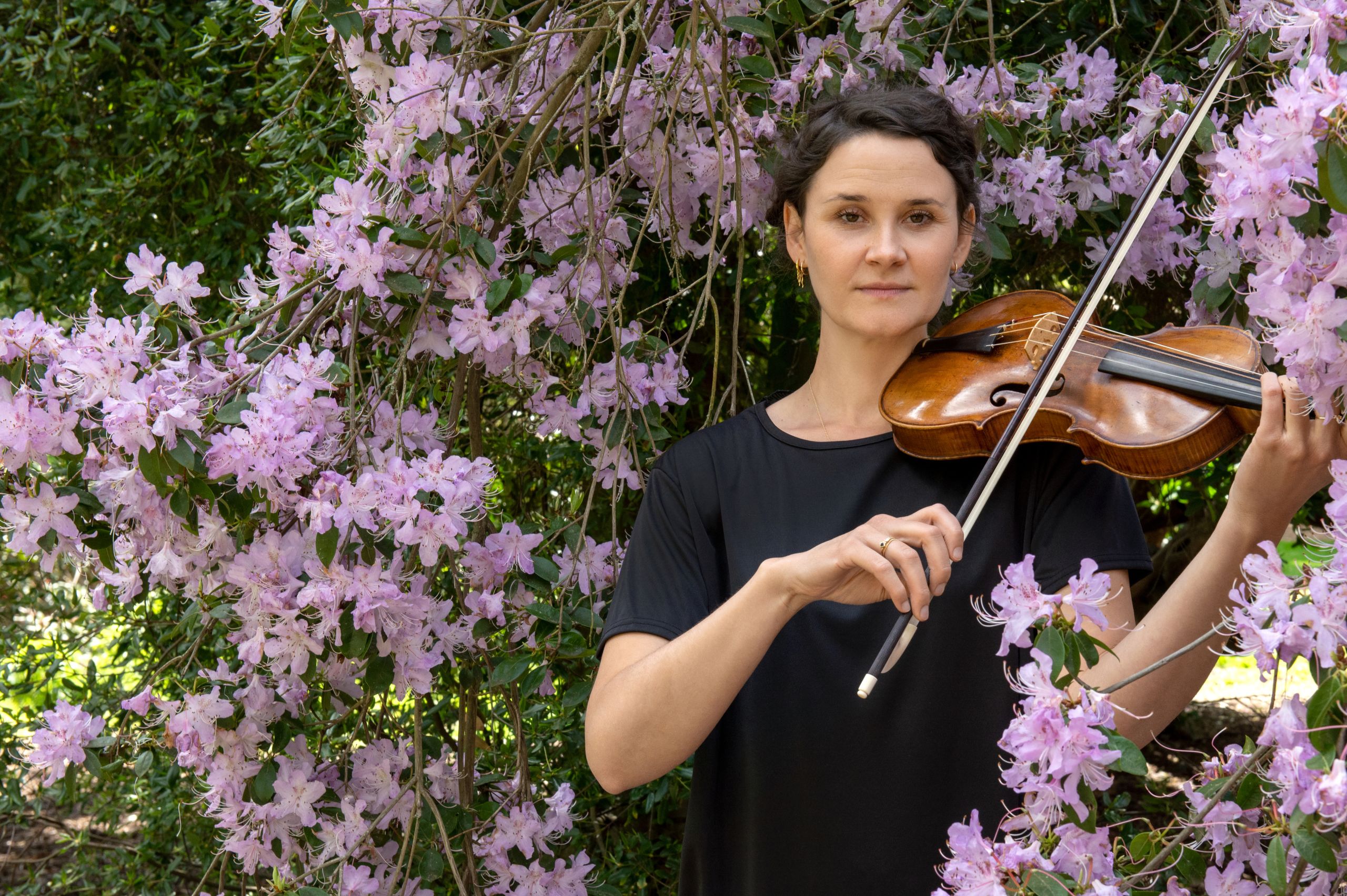The Orchestra of
The Age of Enlightenment
Seasons of Enchantment
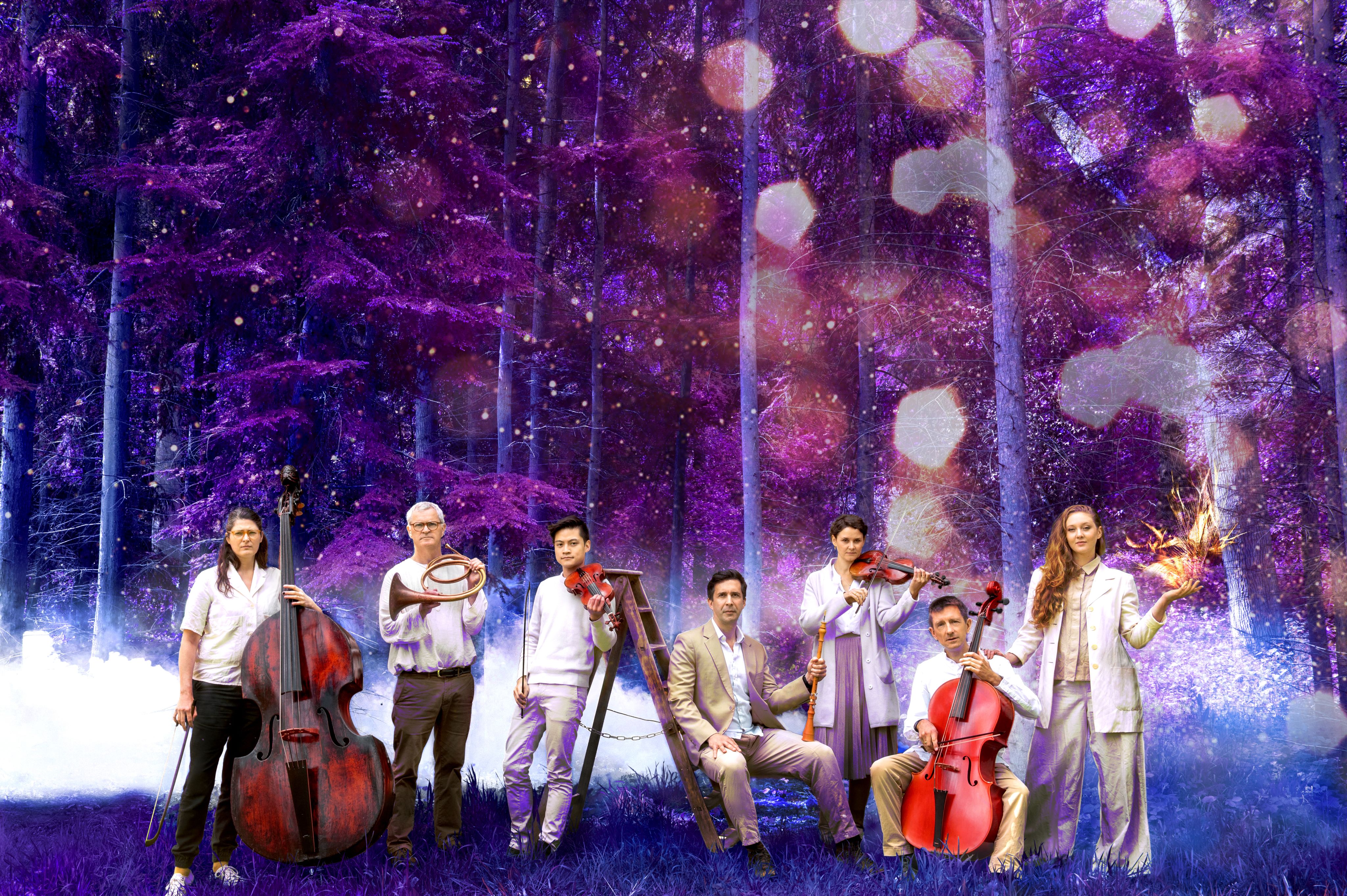
Monday 25 July 7pm–9pm
Part of Oxford Botanic Garden's 400th anniversary celebrations
To open Oxford Botanic Garden's year of celebrations, The Orchestra of the Age of Enlightenment held a concert in the beautiful setting of Oxford Museum of Natural History. Two world-premieres featured, which the musicians of the OAE arranged specially for this anniversary event.
Now, to bring the year to a close, in collaboration with the Oxford Festival of the Arts, The OAE will be performing to a limited audience in Oxford Town Hall; the same place they held their very first concert in 1986.
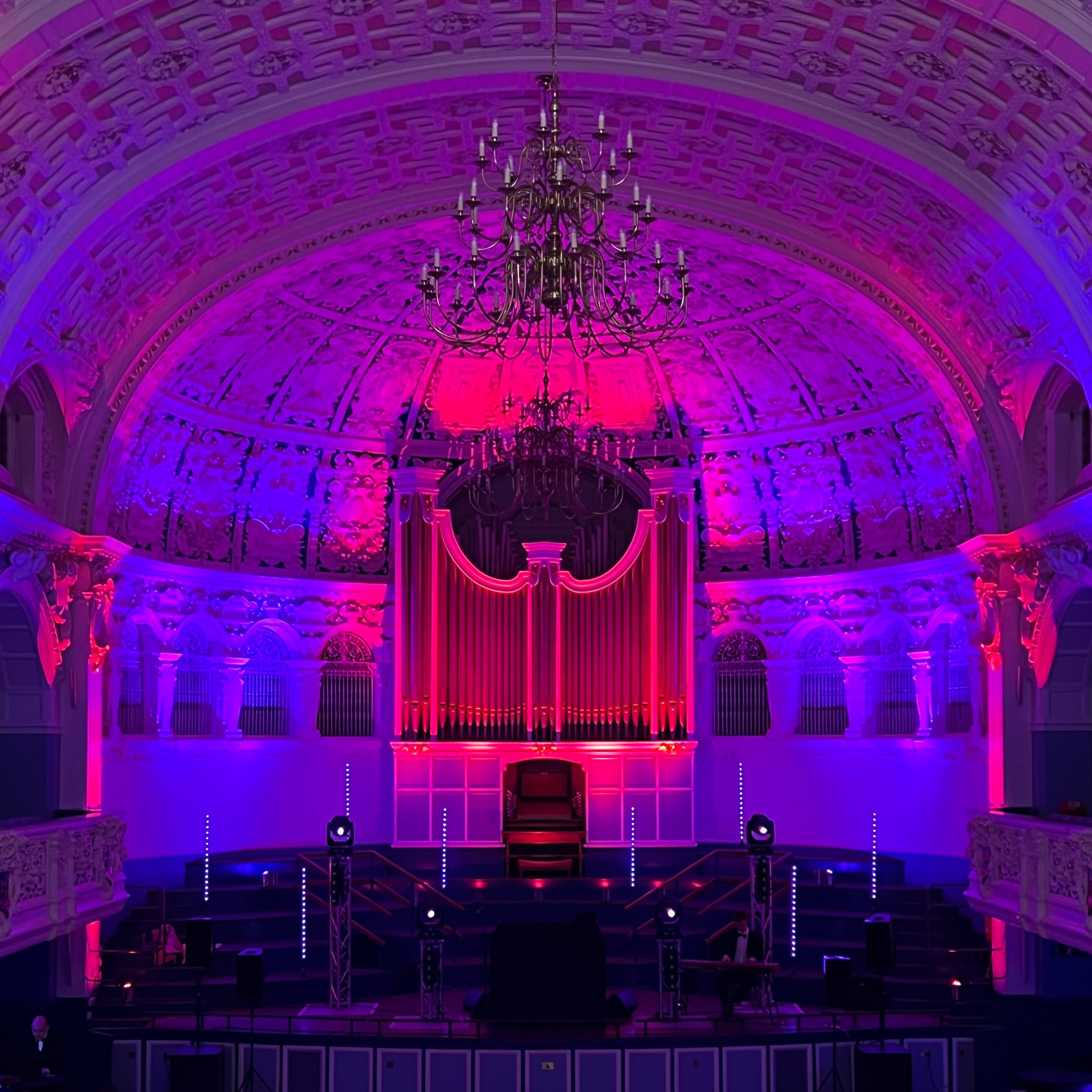
“This is a special season for the Botanic Garden and for the OAE, as we celebrate our histories and look forward to, and plan for, the future. This event will be an enthralling musical journey that explores the influence of nature on classical music in a way that makes it accessible to contemporary audiences. The OAE’s extraordinary musicianship and unmistakably distinct sound will make this concert a fitting grand finale to the formal celebrations of the 400th anniversary of the Botanic Garden.”
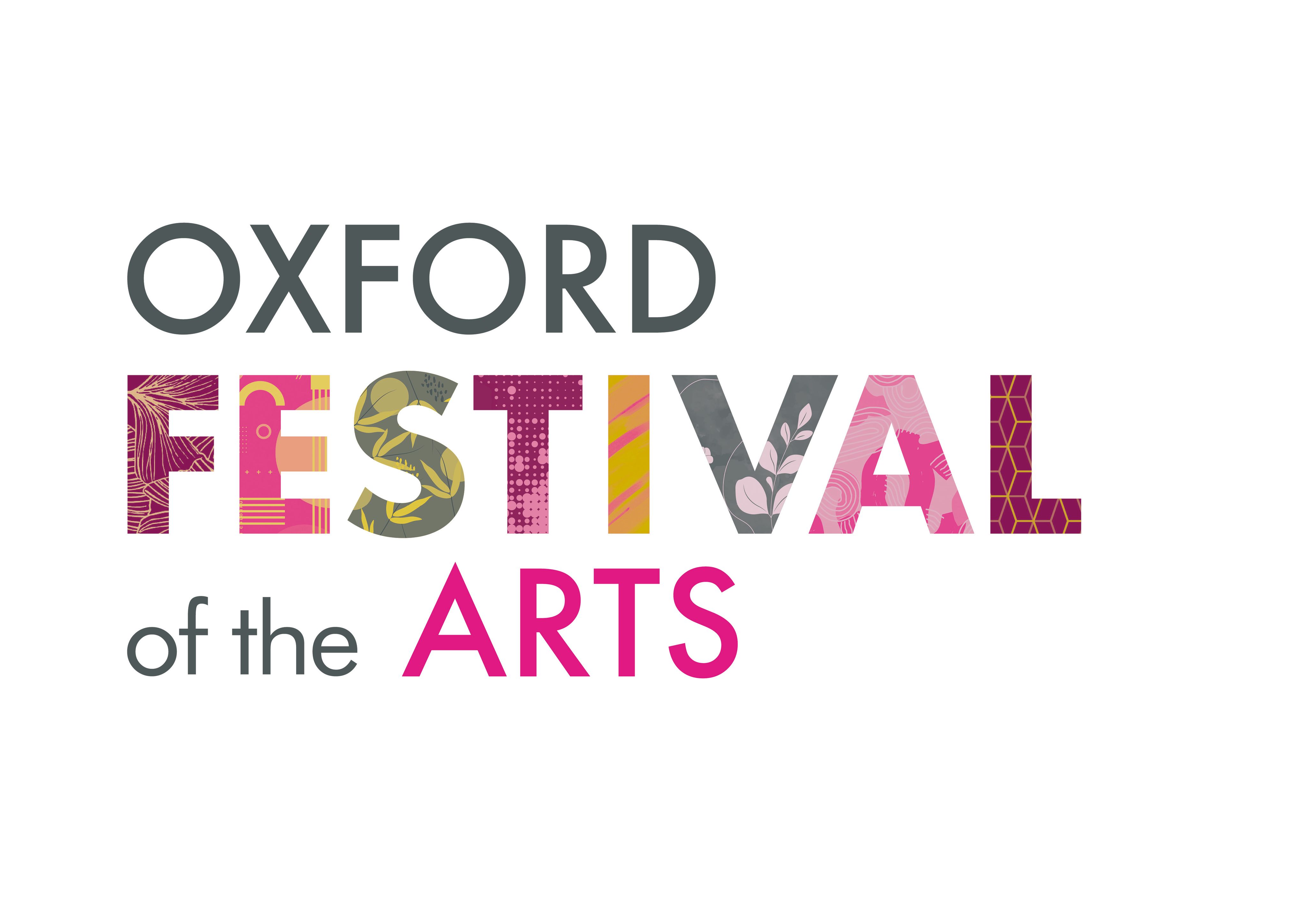
Seasons of Enchantment
- Antonio Vivaldi: The Four Seasons
- Francesco Geminiani: The Enchanted Forest
Leader / Soloist: Matthew Truscott
This bewitching programme is the perfect end to a season in which we’ve been immersed in creativity inspired by the outdoor environment.
Vivaldi’s four violin concertos have long provided the soundtrack for the passing of the year, captivating audiences with their inventiveness and earworm melodies since they appeared in the 1720s.
Francesco Geminiani (1687 – 1762) was a highly successful violinist – he was a regular member of Handel’s London orchestra – and a respected composer in his day. Although we don’t know the fate of the original score, he fortunately drew a suite of colourful movements full of pastoral glories from his music to the 1754 entertainment The Enchanted Forest which combined the tradition of English pantomime with French stage craft.
The programme will feature performances with dramatic text, and music performed on period instruments with a modern reimagining. Guests will enjoy an evening of beautifully focused playing, drinks, and an auditory experience that promises to be dramatic, lyrical and energetic.
“It is an honour and a remarkable pleasure to be partnered with Oxford Botanic Garden, which is the oldest in the UK. The programme has been specially selected for the occasion, with a focus on music that would have been heard throughout the Garden's early history.”
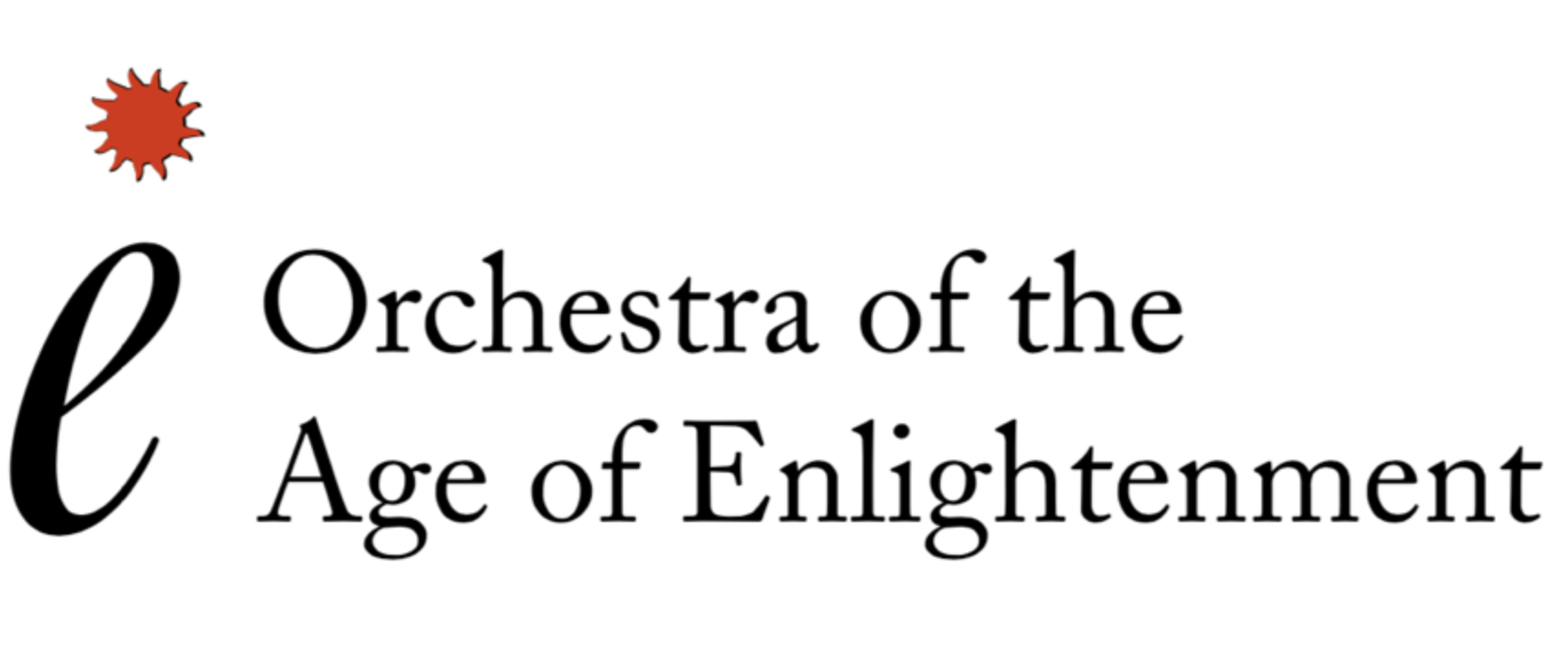

More than three decades ago, a group of musicians took a good look at that curious institution we call the orchestra, and decided to start again from scratch. They began by throwing out the rulebook. Put a single conductor in charge? No way. Specialise in repertoire of a particular era? Too restricting. Perfect a work and then move on? Too lazy. The Orchestra of the Age of Enlightenment was born. Questioning. Challenging. Trailblazing. On this page we look at our history, values and approach to playing music.
The first thing to know is that we play music on instruments (or replicas) from the time the music was written.
When we play Bach, we play on instruments and use techniques that would have been familiar to Bach himself in the early 18th century.
Then when we play Brahms, we change our instruments to those from Brahms’ time in the mid-19th century. This gets you closer to the experience you would have had at the time the music was written.
There are some quite radical differences between historic instruments and modern ones. For example, our strings are made of sheep gut rather than metal. And our wind instruments often don’t have valves as their modern counterparts do.
Why do we do this? It’s not just about history. As double bass Cecelia Bruggemeyer explains in the video below, it’s also about making old music new.
Our Orchestra was founded in 1986. Then, a group of idealistic period instrument players was determined to free itself from the shackles of working under an all-powerful music director and take charge of their own destiny.
Our first concert was on Thursday 26 June at Oxford Town Hall with violinist Sigiswald Kuijken. A second followed the next day at Southbank Centre’s Queen Elizabeth Hall in London. The programme included Telemann, Rameau and Haydn’s Symphony No. 83 La Poule.
From there, things happened very fast indeed.
In 1987, we worked with Simon Rattle to bring a landmark production of Mozart’s opera The Marriage of Figaro to Glyndebourne. We also secured a recording contract with Virgin Classics, a broadcast agreement with the BBC, and started planning our first full season of Southbank Centre concerts.
